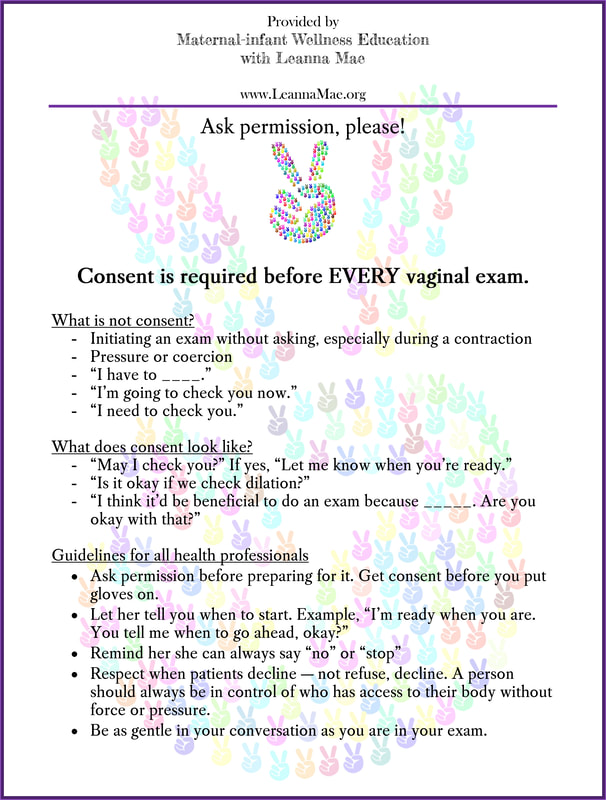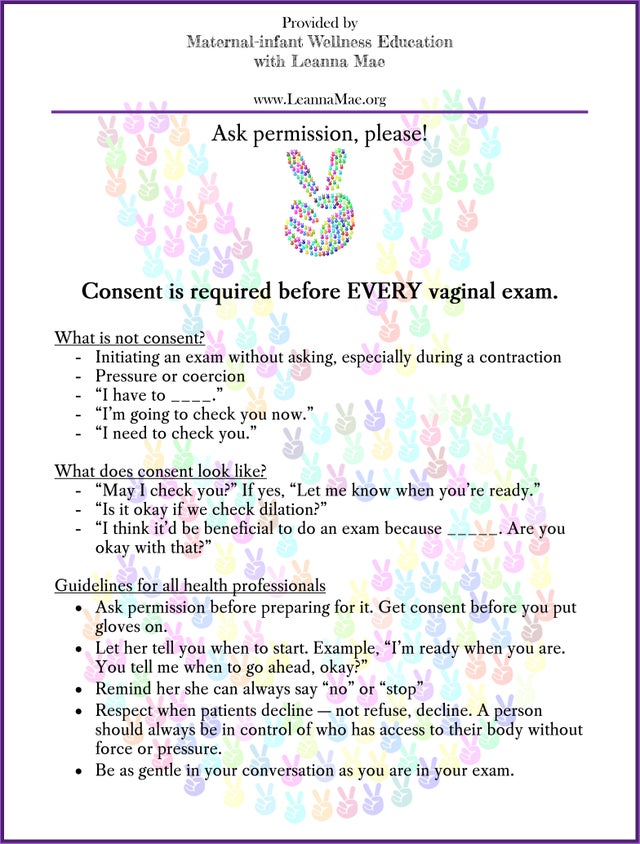If this website has been a helpful resource to you, consider donating any dollar amount here.
Donations allow more time to write blogs and build this resource that is freely available to all.
Donations allow more time to write blogs and build this resource that is freely available to all.
Leanna Mae
Apostolic Pentecostal Christian
|
international author |
maternal-infant wellness educator
|
birth doula
|
breastfeeding specialist |
Copyright © 2013




